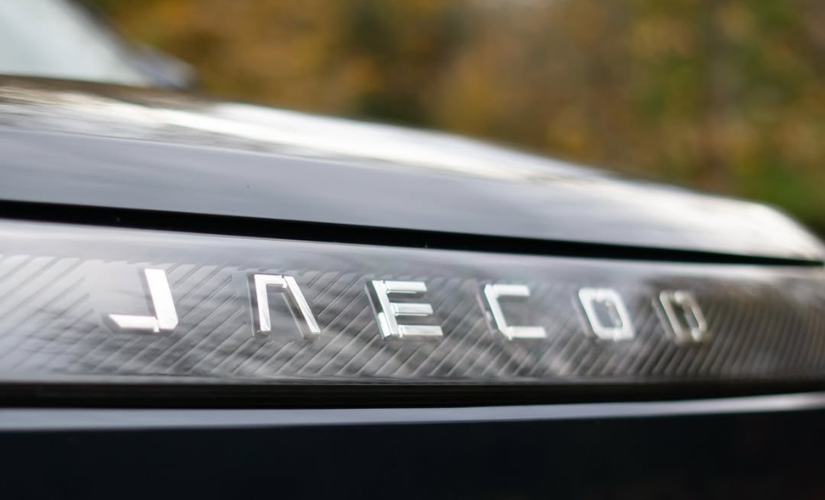The car industry is changing, there’s no doubt about it. With demand for electric cars on the rise and the numbered days of the ICE (internal combustion engine) growing shorter, we’re also seeing waves of new car brands launching in the UK, and they’re becoming more common on the roads too.
In fact, we’re seeing so many of these new car brands, we’re starting to see fewer long-established brands like Alfa Romeo, Fiat, and even Volkswagen. So that leads to the big question: Does brand loyalty in cars mean anything anymore? It may not be as simple as yes or no.
As with many things, certain car brands have established a name for themselves as reliable, comfortable, and all-round great cars. Those brands are able to charge a higher price, as customers know they’re buying quality.
But what would happen if there was a major change in technology in cars… Going electric, for example? Well, electric cars are quite expensive to make, and therefore cost more to buy. Add in a brand-reputation markup on that price, and you’ve got a recipe for some very expensive cars.
Granted, some of the big brands are electrifying their most popular models, but even with competitive pricing versus the petrol model, they are expensive cars. The Vauxhall Corsa E has an opening price a fraction over £29,000, but you can pick up the similarly spec’d BYD Dolphin Surf for a cool £18,000 – roughly a 30% discount. With that in mind, it’s a no-brainer for the everyday commuter to go for the BYD.
The petrol version of the Vauxhall Corsa clocks in at around £20,000, but when you factor in the reduced running costs of an EV, the savings still make a substantial difference in price over a few years.
With that taken into account, it’s no surprise to see brand loyalty wavering. And the rise of new manufacturers that only seasoned car fanatics will have heard of, such as BYD, Omoda, or Leapmotor, might even see a few well-established brands off UK roads altogether over the coming years.
.png)

.png)
.png)

